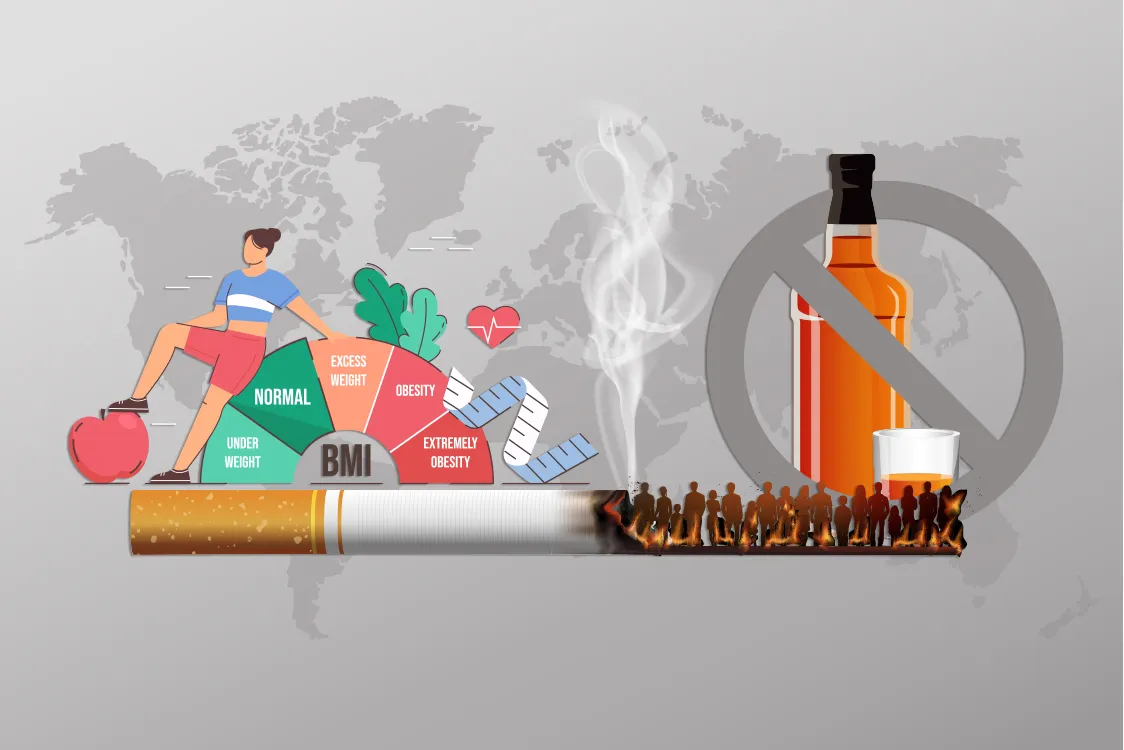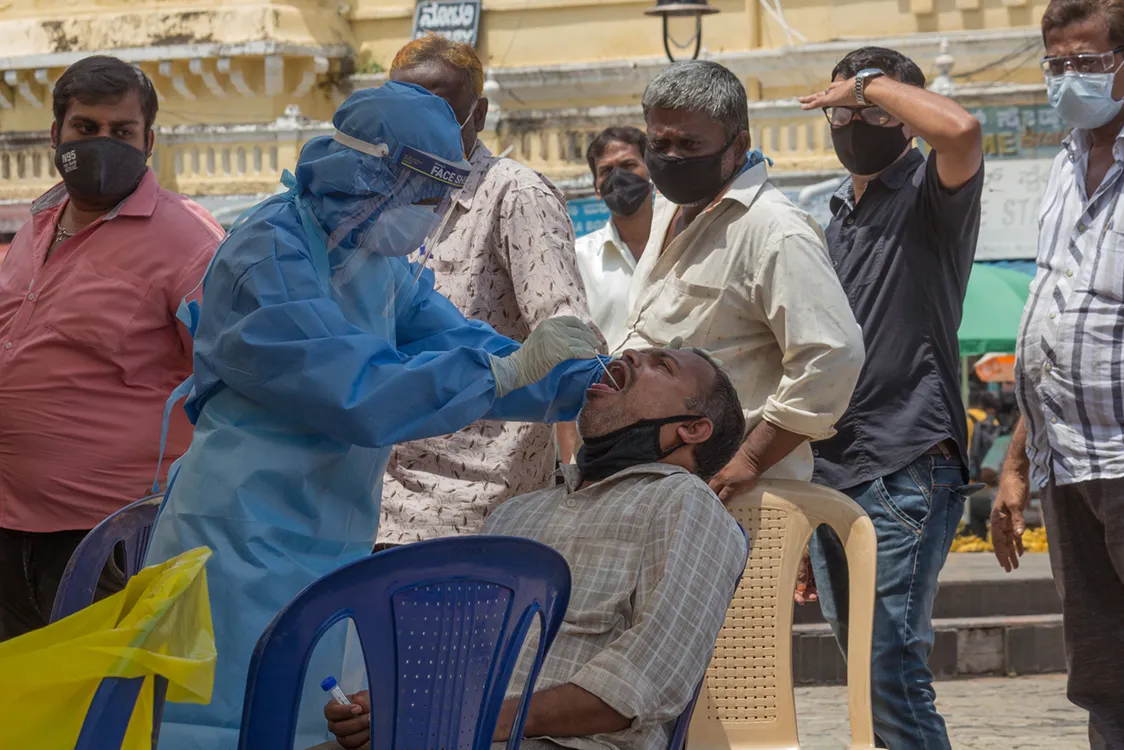Washington: According to a study published in The Lancet journal on Friday, smoking, alcohol use, high body mass index (BMI), and other known risk factors were responsible for nearly 4.45 million global cancer deaths in 2019.
The findings can assist policymakers and researchers in identifying key risk factors that can be targeted in efforts to reduce cancer deaths and illness on a regional, national, and global scale.
It is even seen in a study , that the cancer burden remains an important public health challenge that is growing in magnitude around the world,” said Christopher Murray, Director of the Institute for Health Metrics and Evaluation (IHME) at the University of Washington in the United States.
“Smoking remains the leading risk factor for cancer globally, with other significant contributors to cancer burden varying,” said Murray, a study co-senior author.
Changes in cancer burden due to risk factors were also assessed between 2010 and 2019.
Cancer burden estimates were based on mortality and disability-adjusted life-years (DALYs), a measure of years lost to death and years lived with disability.
In addition to 4.45 million cancer deaths, which accounted for 44.4% of all cancer deaths in 2019, risk factors included in the analysis accounted for 105 million cancer DALYs globally for both sexes in 2019 – 42.0 % of all DALYs in that year, according to the researchers.
Tobacco use, alcohol use, unsafe sex, and dietary risks accounted for most of the cancer burden globally in 2019, accounting for 3.7 million deaths and 87.8 million DALYs, according to the study.
The study found that the risk factors were responsible for nearly 2.88 million deaths in men (50.6 percent of all male cancer deaths), compared to 1.58 million deaths in women (36.3 percent of all female cancer deaths). According to the researchers, smoking was the leading risk factor for cancer deaths and ill health in both sexes, followed by alcohol use and high BMI.
Tracheal, bronchus and lung cancer were the leading causes of risk-attributable cancer death for both men and women worldwide, accounting for 36.9 percent of all cancer deaths attributable to risk factors, they reported.
This was followed by colon and rectum cancer (13.3%), oesophageal cancer (9.7%), stomach cancer (6.6%) in men, cervical cancer (17.9%), colon and rectum cancer (15.8%), and breast cancer (11%) in women.
Illness due to environmental and occupational, behavioural, and metabolic risk factors increased with age, peaking in the 70s depending on the country’s socio-demographic Index (SDI), with countries on the higher end of the spectrum peaking later.
Central Europe (82 deaths per 100,000 population), East Asia (69.8 per 100,000), high-income North America (66.0 per 100,000), Southern Latin America (64.2 per 100,000), and Western Europe had the highest cancer death rates due to risk factors (63.8 per 100,000).
The patterns of cancer deaths and ill health caused by environmental and occupational, behavioural, and metabolic risks varied across the globe, with unsafe sex being a leading risk factor for ill health in locations at the lower end of the SDI spectrum.
According to the researchers, cancer deaths due to risk factors, increased by 20.4% globally between 2010 and 2019, rising from 3.7 million to 4.45 million. Cancer-related illness increased by 16.8 percent over the same period, from 89.9 million to 105 million DALYs, they reported.
The most significant percentage increase in cancer deaths and ill health was attributed to metabolic risks, with deaths increasing by 34.7 percent and DALYs increasing by 33.3 percent.
The primary prevention of cancer through eradication or mitigation of modifiable risk factors, according to Professor Diana Sarfati and Dr. Jason Gurney of the University of Otago in New Zealand, is our best hope for reducing the future burden of cancer.
“Reducing this burden will improve health and wellbeing, as well as alleviate the compounding effects on humans and the fiscal resourcing pressures within cancer services and the broader health sector,” the researchers said.
They stated that “it is no accident that behaviours associated with a higher risk of cancer are patterned according to poverty, particularly within countries.”





